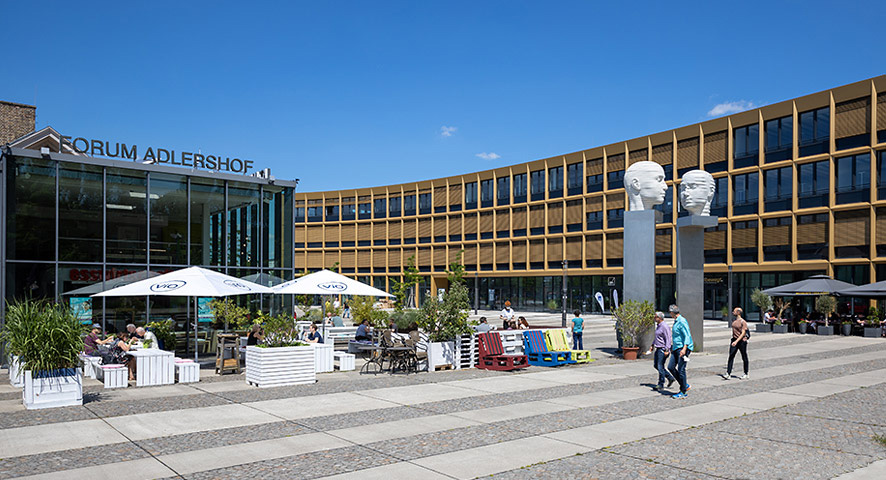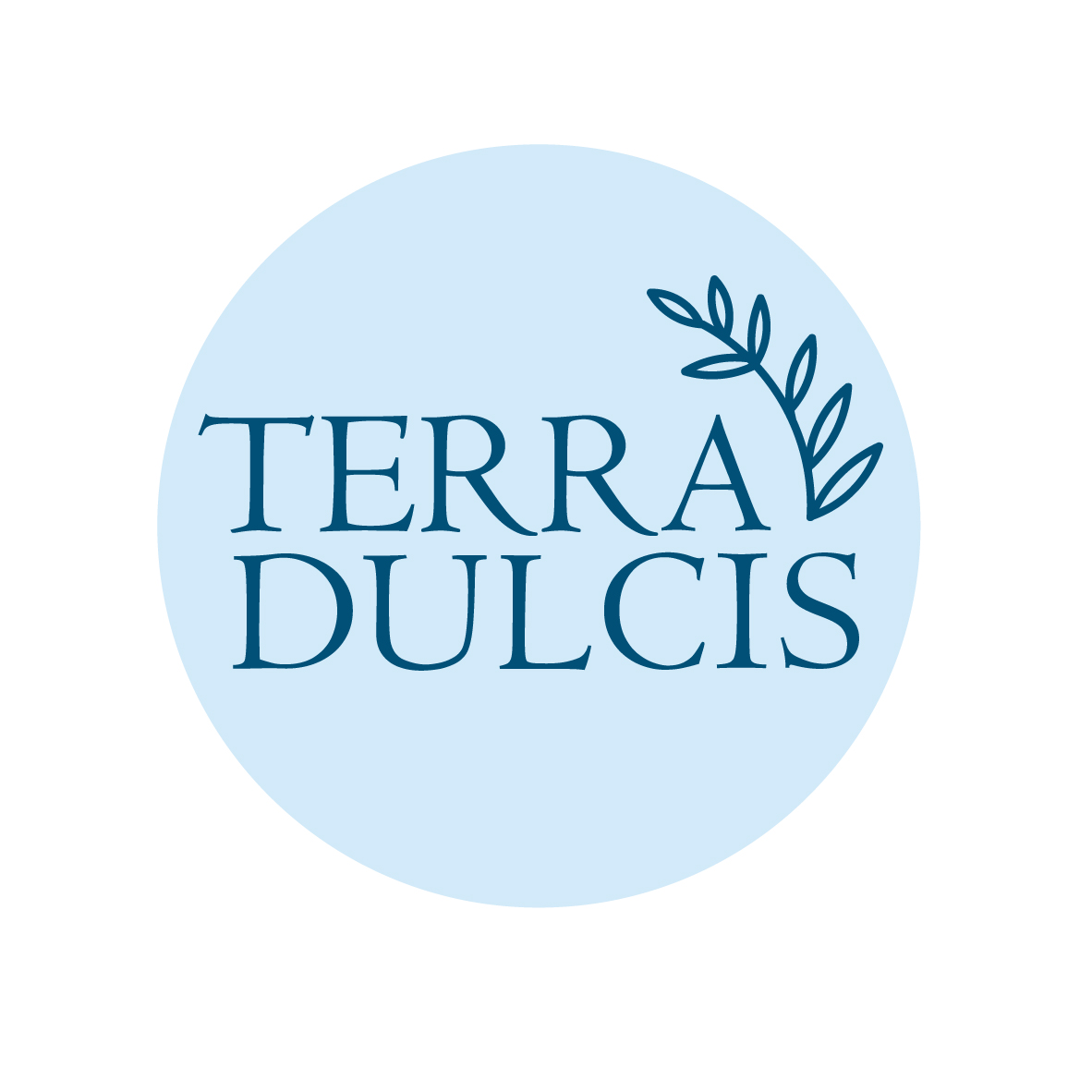
Creative & Data-Smart Youth Work with AI: Inclusion, Participation, Impact
Erasmus+ Training Course in Berlin, Germany
December 15-22, 2025
During the event, youth workers engaged in practical discussions about AI literacy, focusing on understanding the risks associated with AI, such as bias, privacy, and deepfakes. The vibrant tech scene in Berlin provided an ideal backdrop for these explorations. Participants learned about various AI models, their applications, and how to explain them to young people while addressing ethical considerations and safety protocols.Core activities included hands-on demonstrations of chatbots and image tools, a Bias & Fairness Lab where participants tested prompts and datasets, and a Deepfakes & Misinformation Studio that equipped them with verification techniques. Attendees also drafted an AI Use & Safeguarding Policy for youth centers and engaged in dialogues with local NGOs on responsible AI practices. By the end of the week, participants left with valuable resources, including lesson plans and a roadmap to implement AI literacy sessions safely in their communities.
Facilitators
















